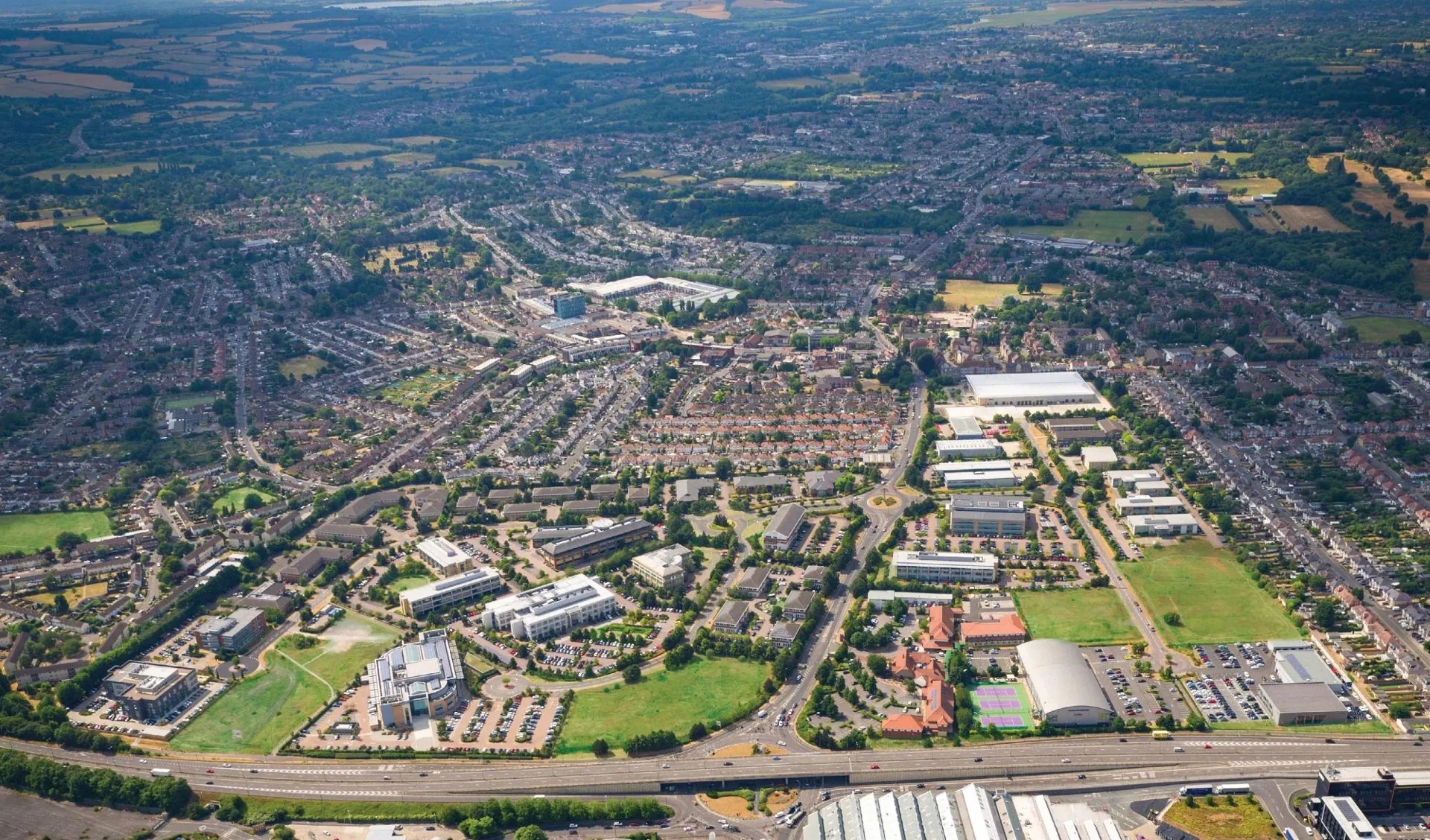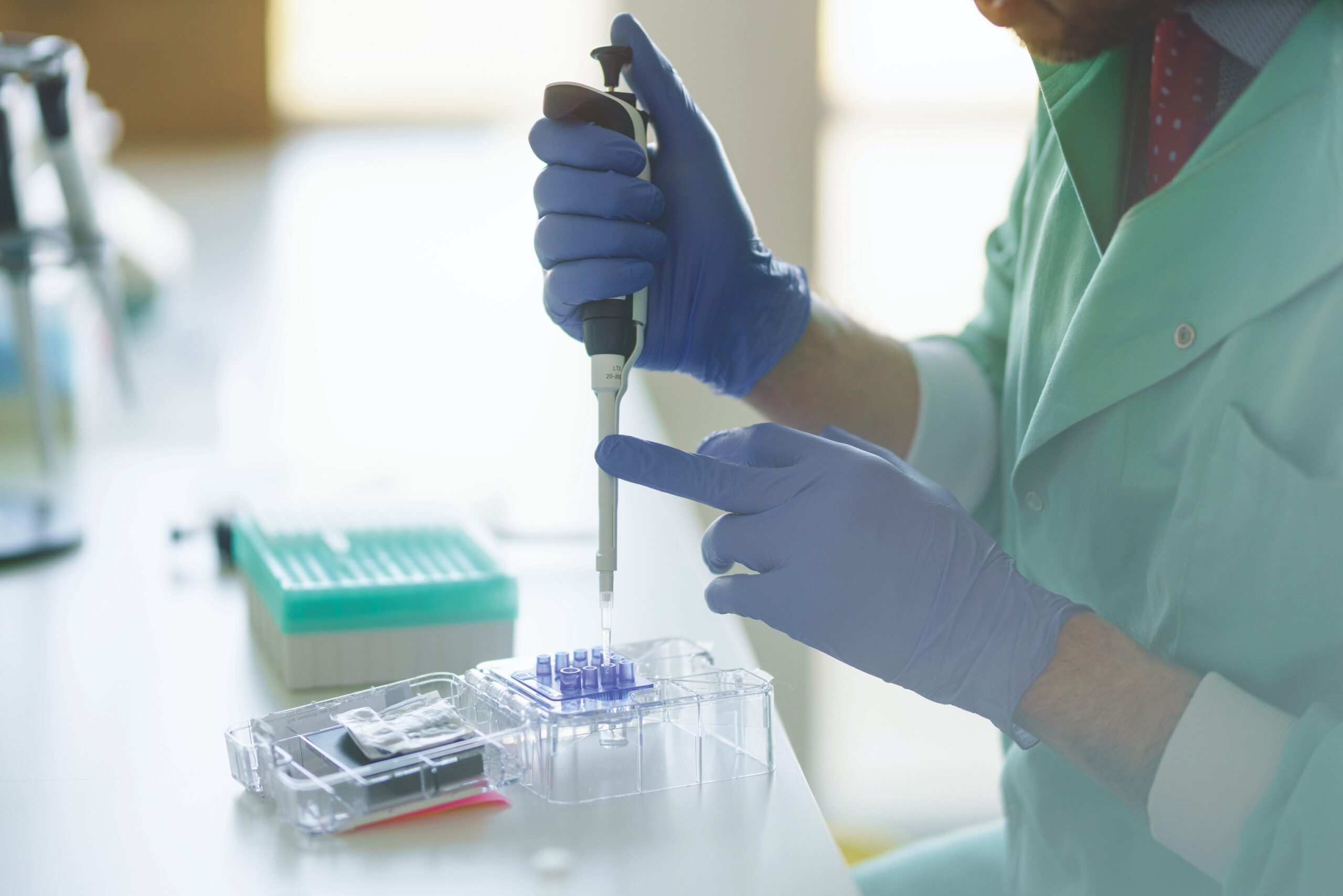A Century of Progress at ARC Oxford
Dan Williams, ARC Oxford’s Director of Asset Management, talks about the planned expansion at ARC Oxford and how the shift from business park to innovation campus is not only transformational for the local area but globally too.
High quality space for science and technology in Oxford is scarce, which is why when Brookfield acquired Oxford Business Park in 2021 it made a bold commitment to nearly double the site’s footprint and invest over one billion pounds into new lab and office workspace at its campuses across Oxfordshire.
Nestled within the unique Oxford ecosystem, the Oxford campus has a rich history of innovation. Originally the site of the first Morris Motors factory where William Morris pioneered mass production, it evolved through the post-industrial era with the rise of business parks, and more recently I’ve led the transformation of the Campus into a vibrant melting pot of scientific and technology ingenuity, establishing it as one of Oxford’s leading innovation clusters.
The campus is ideally situated to enable members—from biotech successes like OMass Therapeutics to established giants such as Gilead and Oxford Biomedica—to collaborate seamlessly with leading research hospitals and academic institutions, including the renowned University of Oxford, which boasts the highest global rate of spin-outs and I’m proud to say a number of which call ARC Oxford their home.
Since launching ARC Oxford, we have been satisfying demand by refurbishing office space into modern laboratories and there is over 400,000 sq. ft* of new development planned for completion on the Campus within the next two years. And most recently we secured planning permission to demolish seven buildings and develop one new building for all types of innovative business. The Ascent building will create around 115 construction jobs and once operational, will create approximately 500 jobs and contribute £38 million GVA to the economy annually.
Over the last few years alone I’ve seen first-hand how the campus has progressed, from pioneering the production of covid vaccines which has helped save lives, to ground-breaking cultivated lab grown meat, which is helping to address the climate crisis, but there is more to be done if we are to truly unleash the potential economic and social benefits. Unless we can unlock some of the challenges around connectivity, access to talent and affordable housing, as a population, society will be unable to fully benefit from our members life changing work.
Which is why we are actively campaigning and invested in the reopening of the Cowley Branch Line, which closed to passengers in 1963 but still acts as a freight line for BMW Mini plant today. The project is over a decade in planning, and with the major infrastructure already in situ, we’re working closely with the City Council, County Council and Network Rail to accelerate delivery of this train service. Chiltern Railway is willing to run the service which will vastly improve connectivity to existing communities in Oxford and beyond, it links major science and tech hubs around Oxford and increases access to, and mobility of talent by linking into London.
We’re advocating for government policies and legislation that helps expedite planning for commercial lab space, an area we know already has strong public support. A recent study by the Campaign for Science and Engineering (CaSE) highlighted the substantial benefits of expanding R&D facilities for the local economy, revealing that over two-thirds of the UK population support new research facilities in their area. This level of support is comparable to that for new schools, due to the associated spill over benefits. Any reforms in planning including addressing housing shortages will make it more appealing for skilled workers to relocate to innovation centres and will help nurture innovation, create jobs and attract investment.
It’s also important to note that the communities that surround the campus are some of the most deprived in the UK which is why we take the time to invest in these places that we are proud to be part of. We work with many schools, local social enterprises and charities, like Oxfordshire Youth, providing in-kind space, as we know that by working closely with young people we can help inspire, improve skills and create opportunities to enhance the lives of young people in our community.
As ARC Oxford continues to evolve and expand, I have no doubt that its contributions to society and the economy will undoubtedly grow. For policymakers, investors, and innovators, the message is clear: supporting and engaging with ARC Oxford is an investment in a brighter, more prosperous future. You can find out more about our future developments here.
*Figure includes some development not owned by ARC



